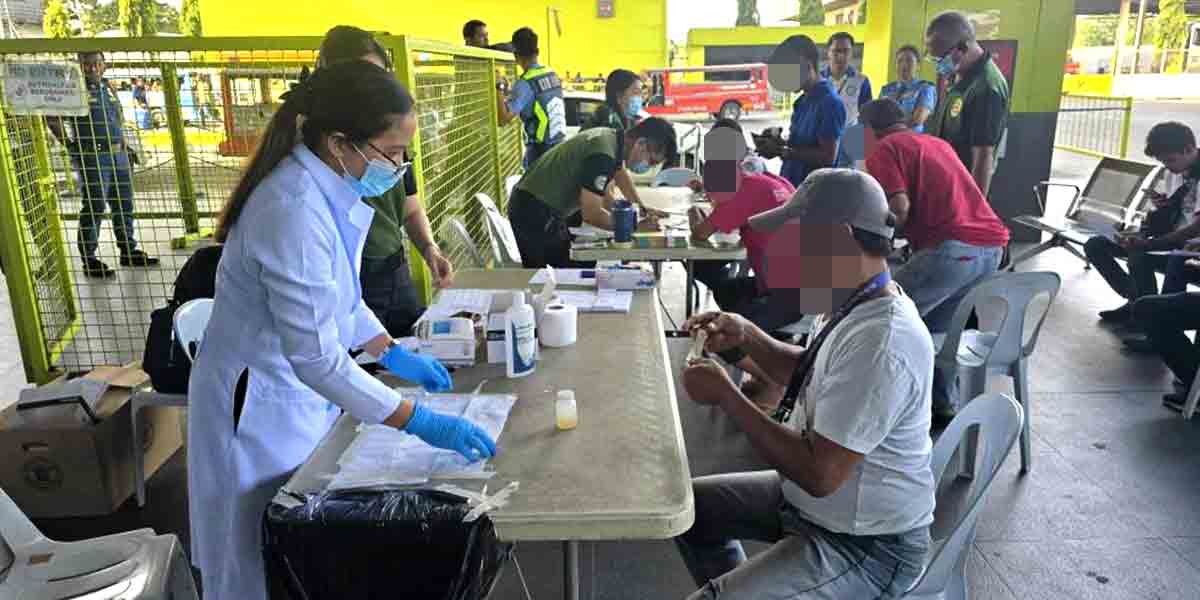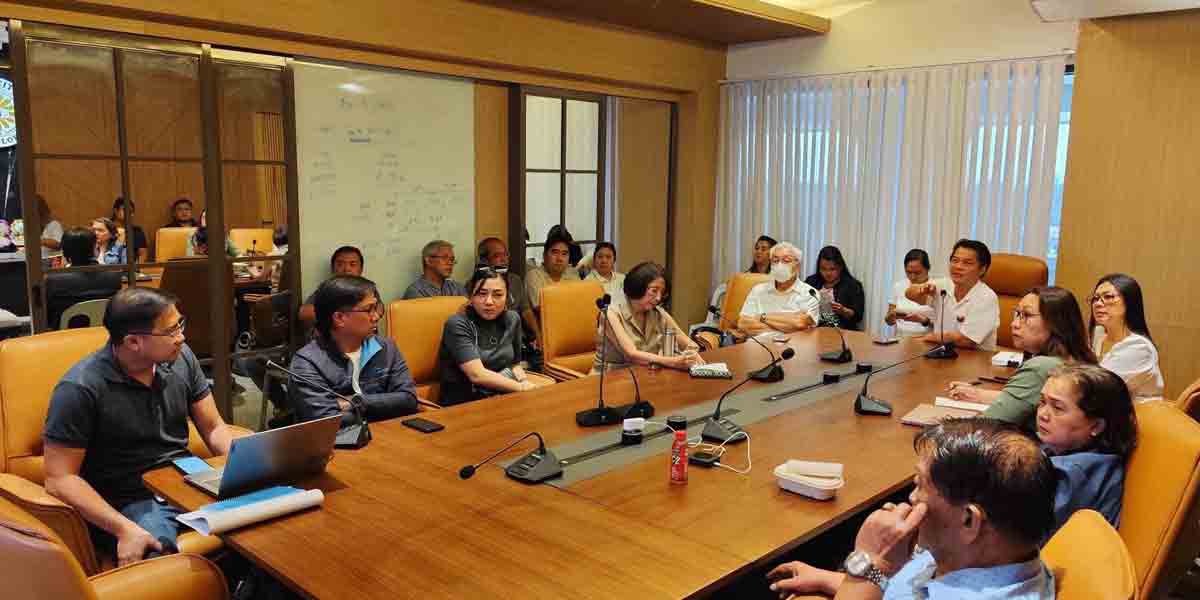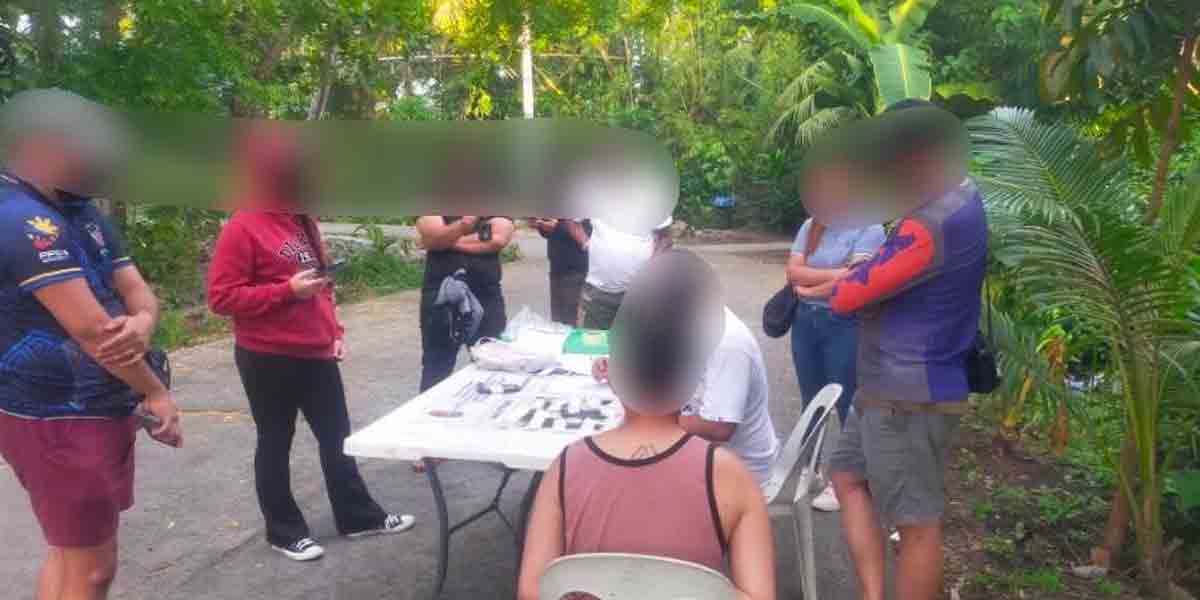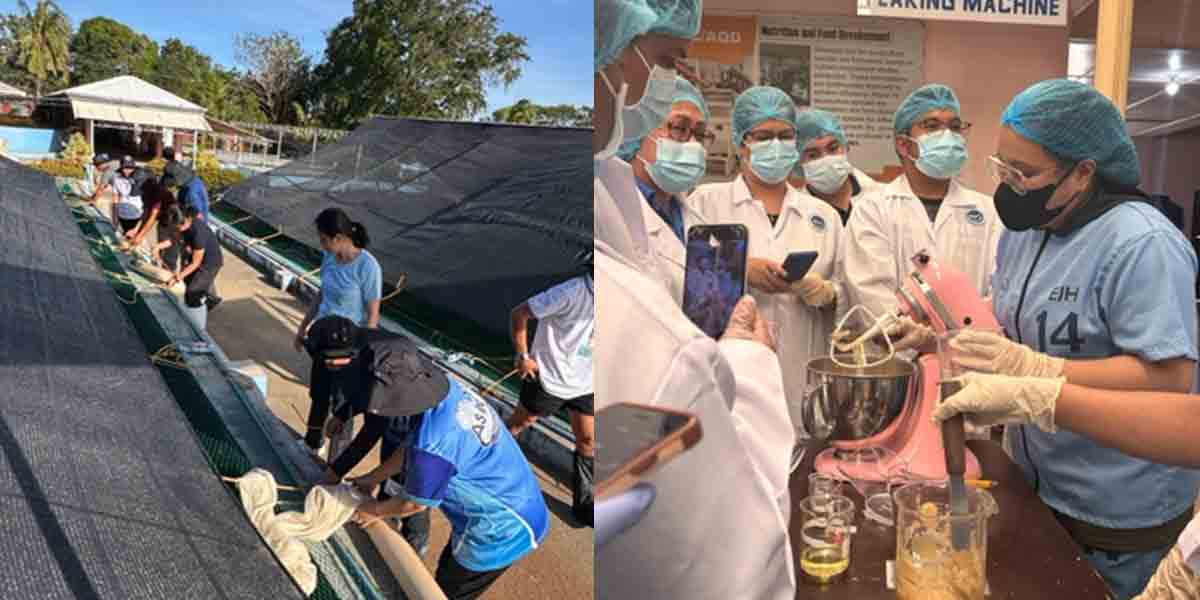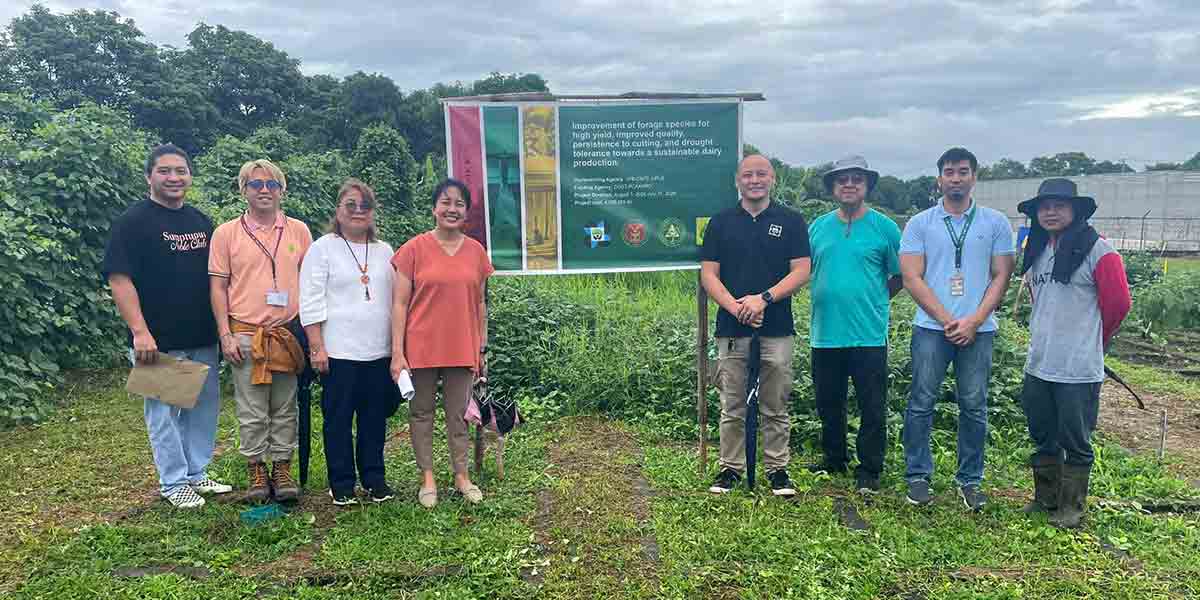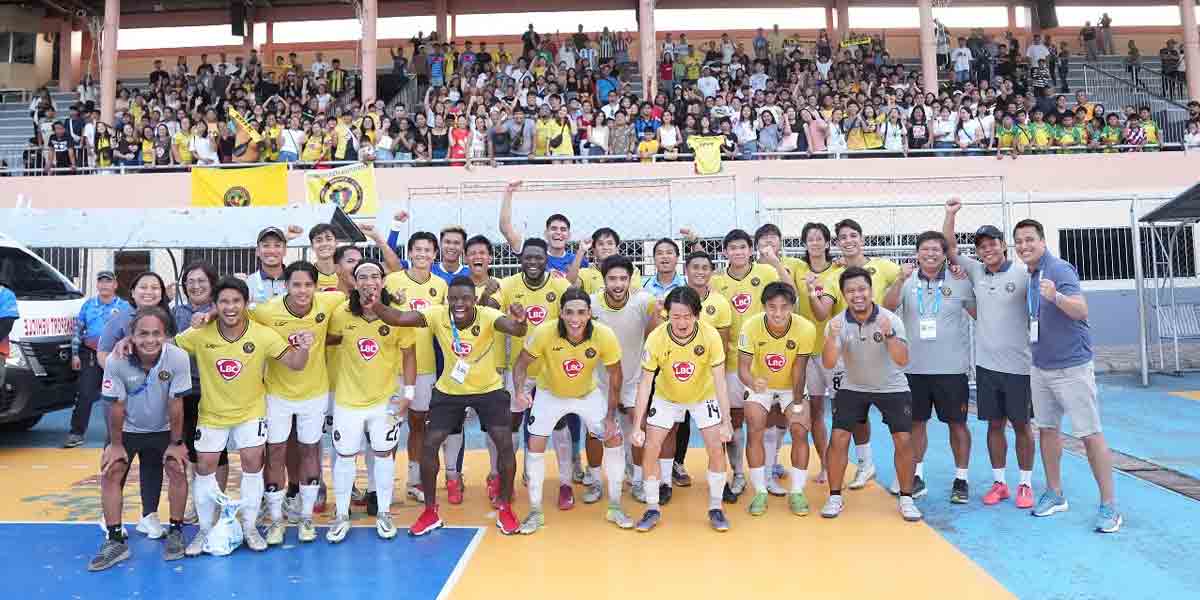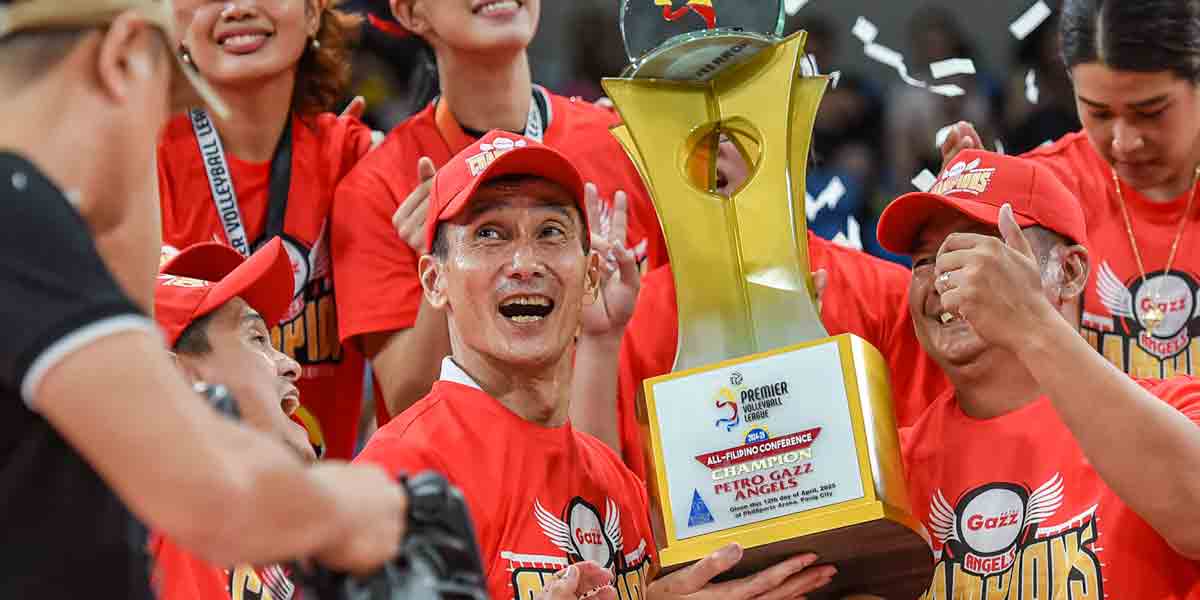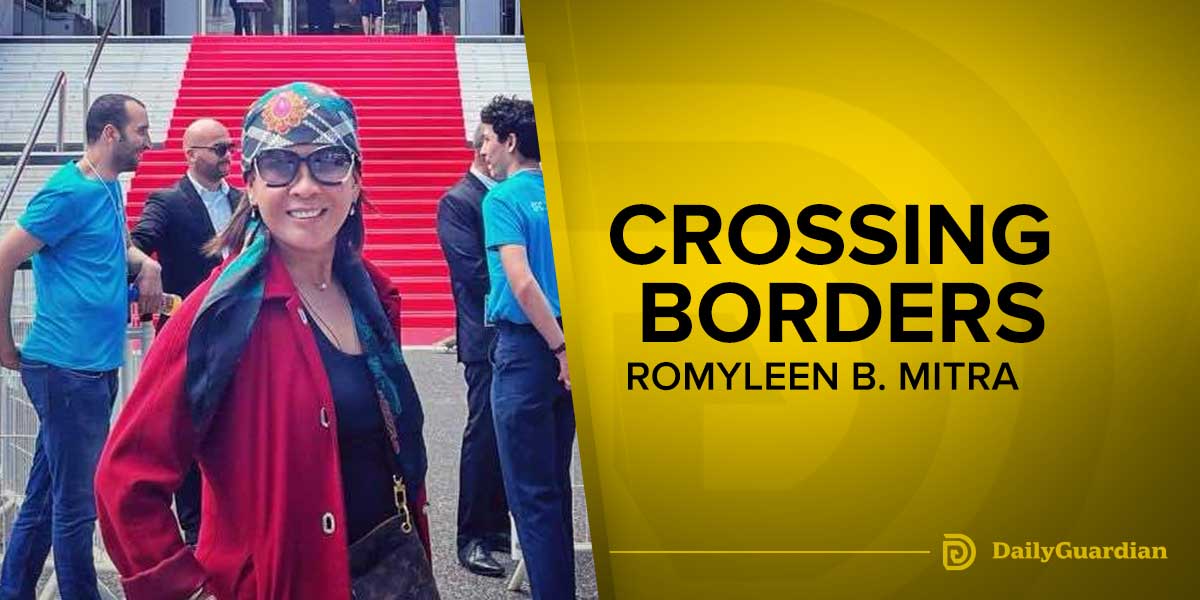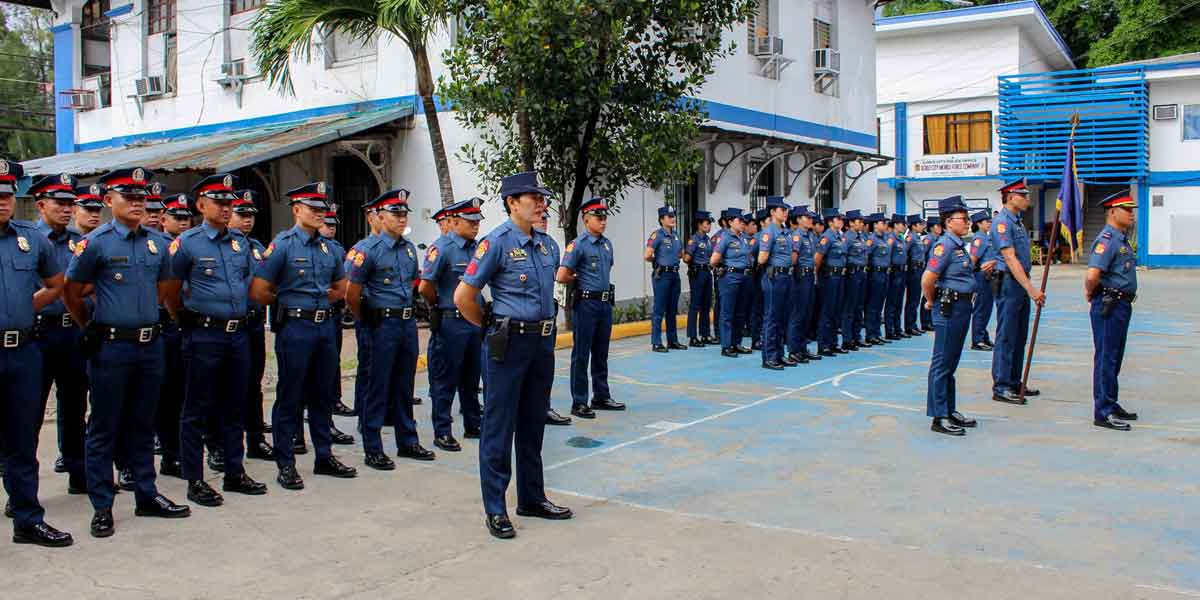 By Modesto P. Sa-onoy
By Modesto P. Sa-onoy
On July 2, 1929, Ricardo B. Yanson was born in Valladolid at a time of expanding wealth in Negros. Ricardo died in Bacolod in 2015 at age 86. He would have been 91 today.
I met him many times, but we never had any conversation – just a hi and goodbye. We were just acquaintances. I saw him from a distance, knew what he was doing and a few things about him from friends who were close to him, like the members of their exclusive group, the Sunshine Boys. Other than that, he was just another rich man to me.
To write about a man I hardly knew on his birthday, something I scarcely, if ever do, is a belated tribute to Ricardo B. Yanson. But time passes and for me who study and write history, to give credit or honor is usually a deferred one because then emotions shall have departed into the realm of forgetfulness. Only what a person did or did not do remains for the historian to assess.
Since last year, the family is embroiled in a fight for control of his financial legacy. The struggle among family members is a public issue considering the kind of business they have. However, I set that aside momentarily to probably be written about in the future when the courts had made their decisions or new factors intervened and things had settled down.
What is unaffected by the family feud and of public interest and a signpost for the new generation are the legacies of Ricardo B. Yanson. Five years after his demise is a time to take a look at his legacy, not money but for inspirations not only for his family and descendants but to others who can learn from his principles of business and life that guided him. Moreover, our readers have still memories of him. He is not a stranger as the other persons in history of long ago.
It is commonly said that he was from a poor family in Valladolid. Indeed, his wife Olivia was quoted on September 21 last year by Manila Standard Business saying, “We were poor. I had to quit my nursing job at a rural health unit in Dumaguete. I had to help my husband run the small business as ‘bodegera’ by day and ‘collector’ at night. Vallacar was originally owned by the family of my husband. Vallacar grew because Ricardo was active then, buying second-hand trucks from Manila and rebuilding them as transport units for VTI.”
During the quarantine due to the pandemic, I wrote the History of Bacolod that I am now refining for publication. Along the way, I found interesting facts that triggered my curiosity about the Yanson family. I am not writing their family history but setting the background for understanding of the legacy of this man who did a phenomenal task in life and remarkably succeeded in it.
What are his guiding principles that shaped his decisions and his projections of the future after, to paraphrase Hamlet, he had “shuffled off his mortal coil that flesh is heir to”? A little digression of his roots gives us a glimpse of what probably molded him and the virtues that he wanted to leave behind more precious than the wealth that no person in Negros had accumulated so much in a short time by the sheer force of his will and the successes reinforced by the family. Alone he could not have done it. As his wife said, he was not alone.
Success is not built on a vacuum. There is always a native talent that forms the base and source of the intelligence and the drive that results in achievements that often amaze us. We usually call that DNA, the “ingredients” that make us what we inherently are and can be and which experiences drew out to polish and shine. Even our physical health is dictated by our genes.
In Chapter III of my upcoming book, I traced the beginnings of the wealth that propelled Bacolod to become the leading town of Negros. That means going through the maze of immigrants and landowners. Just to find out whether Ricardo Yanson was related to and had the inheritable factor of the moneyed, intelligent, and persevering class that also carried the same family name, I went back in time.
Continued tomorrow.

